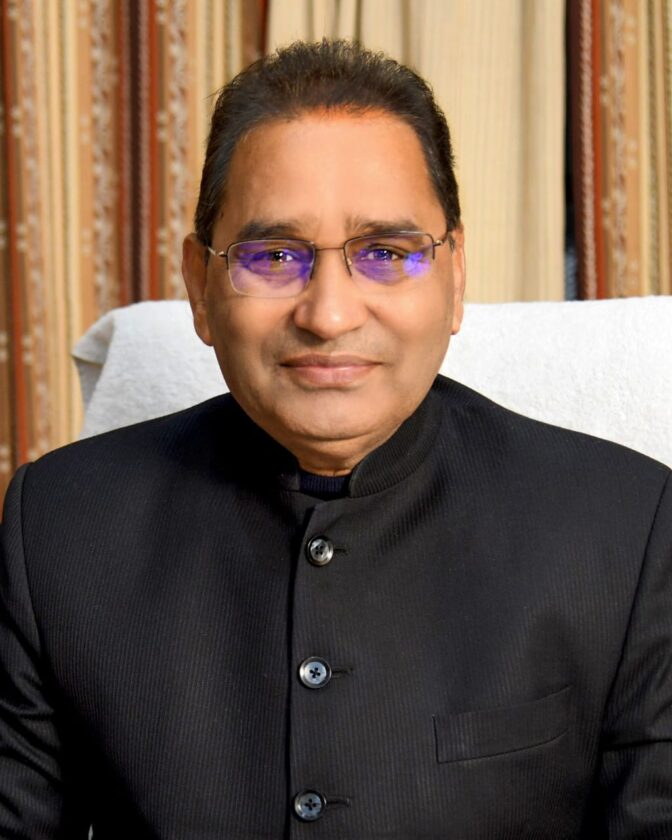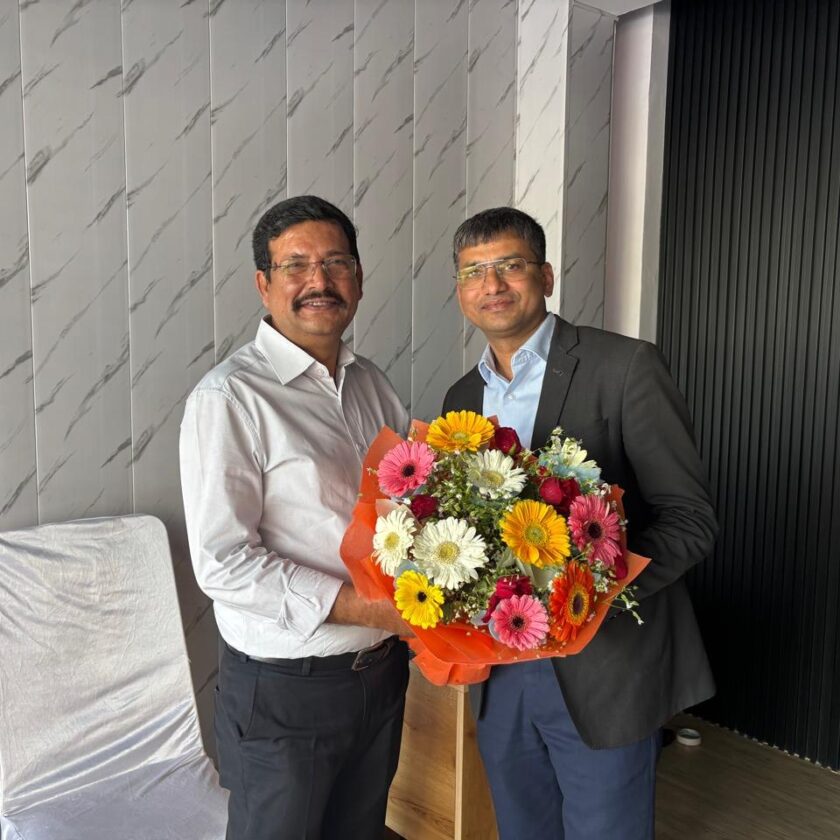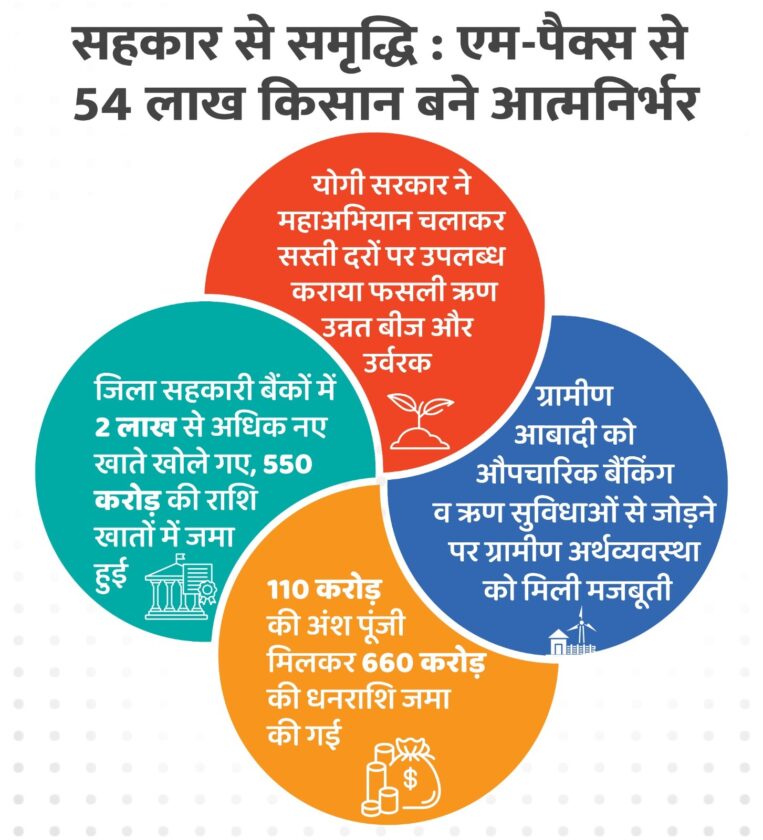Kanpur: The Kotak School of Sustainability at the Indian Institute of Technology (IIT) Kanpur organized a landmark event titled “Life of Waste: Managing Solid Waste in India through Innovation”. The event brought together research scholars, policy advisors, regional experts, and members of civil society to explore sustainable waste management models, policies, and the pressing challenges India faces in the sector.
The program featured three thematic panel discussions focused on field-level practices, policy frameworks, and technological innovations in solid waste management.
Panel 1: Ground Realities and Grassroots Models
The first panel spotlighted on-ground models and experiences from across India.
Dr. Kaveri Gill from Shiv Nadar University shared insights from her three-decade-long study on waste management in the lower Himalayan region. She emphasized the need for ecologically sound, labor-sensitive, and cost-efficient approaches.
Gandhar Joshi presented Pune’s SWaCH model—a cooperative of waste collectors providing door-to-door waste collection for a fixed consumer fee. Joshi pointed to the post-2005 policy shift that encouraged integrated waste-to-energy solutions.
Shobha Raghavan, CEO of Sahas Zero Waste, highlighted infrastructure challenges in cities, especially the gaps in micro-composting and bio-centers. She lauded IIT Kanpur’s efforts towards becoming a “zero-waste campus.”
Trupti Singh from TISS shared five case studies from Lucknow, detailing how grassroots sustainability practices are taking root.
Dhia Batra from Waste Warriors discussed the complexities of managing waste in hilly terrains such as Bir, Dharamshala, and Kempty in Himachal Pradesh and Uttarakhand.
Panel 2: Reviewing the Policy Landscape
The second panel focused on analyzing existing policies.
Mercy Samuel from CEPT University, Ahmedabad, discussed how national programs like the Swachh Bharat Mission have helped cities revamp their waste management systems.
Tribhuvan Singh Bisht from the Centre for Science and Environment (CSE) presented a comparative cost analysis of plastic waste management in various cities.
Arkaja Singh from the Council on Energy, Environment and Water (CEEW) highlighted regulatory and legal gaps in urban waste governance, drawing from her research across four Indian cities.

Panel 3: Technology and Innovation in Waste Management
This panel explored technological solutions and innovations.
Prof. Manoj Tiwari from IIT Kanpur underscored the role of Decision Science in optimizing waste management systems.
Prof. R.S. Singh from IIT BHU emphasized integrating Life Cycle Assessment (LCA) with the UN’s Sustainable Development Goals (SDGs).
IIT Kanpur’s Prof. Rajeev Jindal and Ankita Bhowmik presented a Lucknow Cantonment case study, showcasing how tech-driven interventions can plug gaps in existing waste systems.
Cory Glickman of Infosys shared his work on solid waste management on Infosys campuses and advocated viewing waste not as a liability, but a valuable resource.
Roundtable and Takeaways
The event concluded with a roundtable session, calling for multi-stakeholder collaboration to build a cleaner and more sustainable future. Participants stressed the urgency of systemic changes, policy innovation, and community engagement to address India’s escalating waste crisis.









